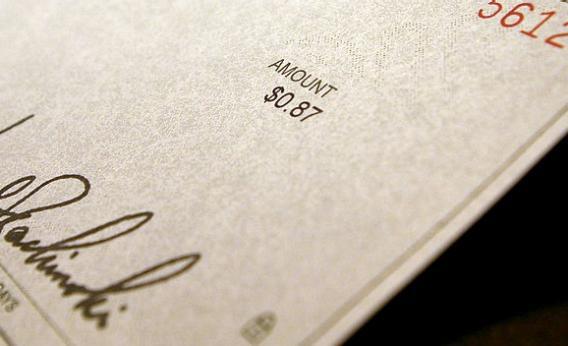One way to make money in the corporate takeover business is to improve the management of the underlying enterprise. Better products, more efficient supply chain, whatever. Another way is by pure financial engineering. Many firms don’t seem to be fully exploiting the tax arbitrage possibilities opened up by the deductibility of interest payments on debt. So you can leverage a firm to the hilt and use the cash thereby raised to pay out “special dividends” or management fees, thus improving owners’ return without improving the underlying operation. Ideally, of course, you’d do both. But from a money-making perspective, one is as good as the other.
Which brings me back to the U.S. government’s perverse habit of collecting taxes in a negative interest rate environment.
It would be great to undertake efficiency enhancing improvements in the overall operation of the American economy. But it would also be great to try to simply optimize what we have for maximum prosperity. The global invesment community is currently willing to pay the U.S. government for the privilege of safeguarding its financial assets against default risk. We could take advantage of this opportunity to “lever up” and pay a special dividend to all Americans who do paid work or who employ paid workers by temporarily eliminating the payroll tax. We could also look at the states as partners in the enterprise and pay out special dividends to their governments, allowing them to either forestall service cuts or reduce taxes according to the locally prevailing political philosophy.
Given the conditions of mass unemployment prevailing in the United States, if people all around the world chose to store their wealth in the form of made-in-America large appliances nobody would be opposed to un-mothballing the factories and churning out all the refrigerators and dishwashers we can. It’s true that the appliance boom might not be “sustainable” in the long-run, but refusing to make the refrigerators the world wants in the short-term wouldn’t contribute to fixing any long-term problems. But the world doesn’t want to store its wealth in the form of made-in-America large appliances. It wants to store its wealth in the form of made-in-America government-guaranteed financial instruments. Why not give it to them, put a little extra money in everyone’s pockets, and make it a little cheaper to hire new workers?
